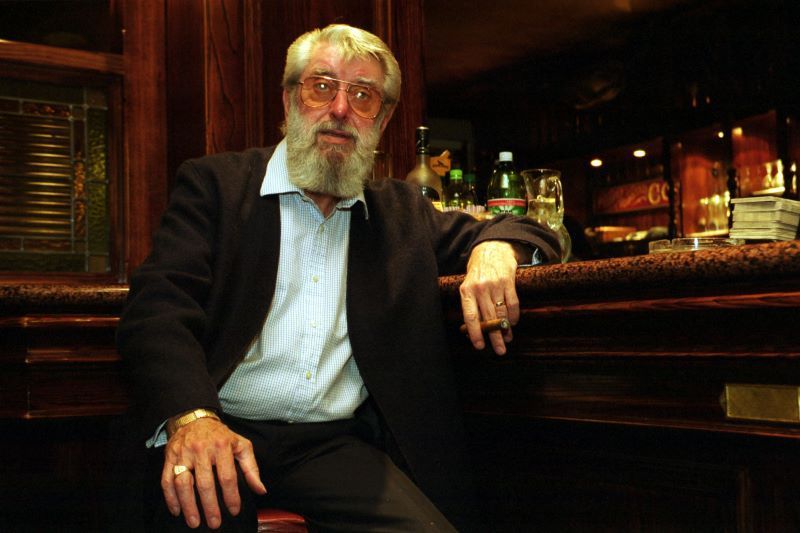| Phoebe Prince (Credit:ABC) |
The tragic January 14, 2010 death of Irish teenager Phoebe Prince does not qualify as ‘bullycide’ according to a controversial new book on the subject by author Emily Bazelon.
Bazelon covered the Phoebe Prince trial for ‘Slate’ and she claims in an interview in the Boston Herald this week that what happened to Phoebe was “not beyond the pale” and that Phoebe had multiple personal issues that were the underlying cause of the suicide.
I could not disagree more with Bazelon’s conclusion which adopts a “blame the victim for having her own problems” mentality.
To recap, Prince was bullied mercilessly soon after she moved to South Hadley Massachusetts from the rural town of Fanore, County Clare in Ireland with her mother.
In her new high school two groups of students took turns making her life miserable after she allegedly stole the boyfriend of one of them.
As a newcomer Phoebe was utterly isolated and she suffered terribly.
Despite the fact that her aunt had outlined Phoebe’s troubled past and her problem with bullying, school authorities did nothing
On January 14, 2010, after a day of bullying which included dreadful verbal abuse and having a can thrown at her from a passing car Phoebe went home and hung herself.
Her body was found by her traumatized 12-year-old sister. Immediately dreadful comments about her appeared on Facebook, placed by the bullying teens. Emily Bazelon is the author of the new book “Sticks and Stones, Defeating the Culture of Bullying and Rediscovering the Power of Character and Empathy.”
She believes that what happened to Phoebe was not enough to trigger the suicide.
I wonder what she would consider unacceptable behavior then.
She points to Phoebe’s many problems as justification for her comments.
Phoebe had been bullied in school in Ireland, she had taken to cutting herself, she drank liquor and smoked pot. She had massive fights with her mother and agony over her parents’ separation.
Just weeks before she killed herself she had taken an overdose of pills but survived.
I agree with Boston Herald columnist Margery Eagan who reported on the Phoebe case and disagrees with Bazelon. Eagan believes this strengthens the case that she was bullied to death, not weakens it.
This was clearly a girl who had high potential to do herself harm to begin with. After all, well-balanced teens rarely commit suicide and Phoebe clearly had her share of mental problems.
This made the attitude of the school authorities, who knew she was being bullied and she had mental issues, even more confounding.
They should also have been charged with the neglect and failure to protect Phoebe though they got off scot- free.
Bullies pick on the most vulnerable and the six teenagers saw Phoebe as a ripe target . The harassment against her was criminal.
A young girl died needlessly because other teens abused her and adults looked on. Just this week, Bailey O’Neill, another Irish kid in a Philadelphia suburb died after being beaten up by bullies. He was just 12 years old.
By excusing the South Hadley teen mob Bazelon is on dangerous grounds. Reasons and excuses for suicide can always be found.
However, ignoring horrific bullying as a root cause defies common sense.




Comments